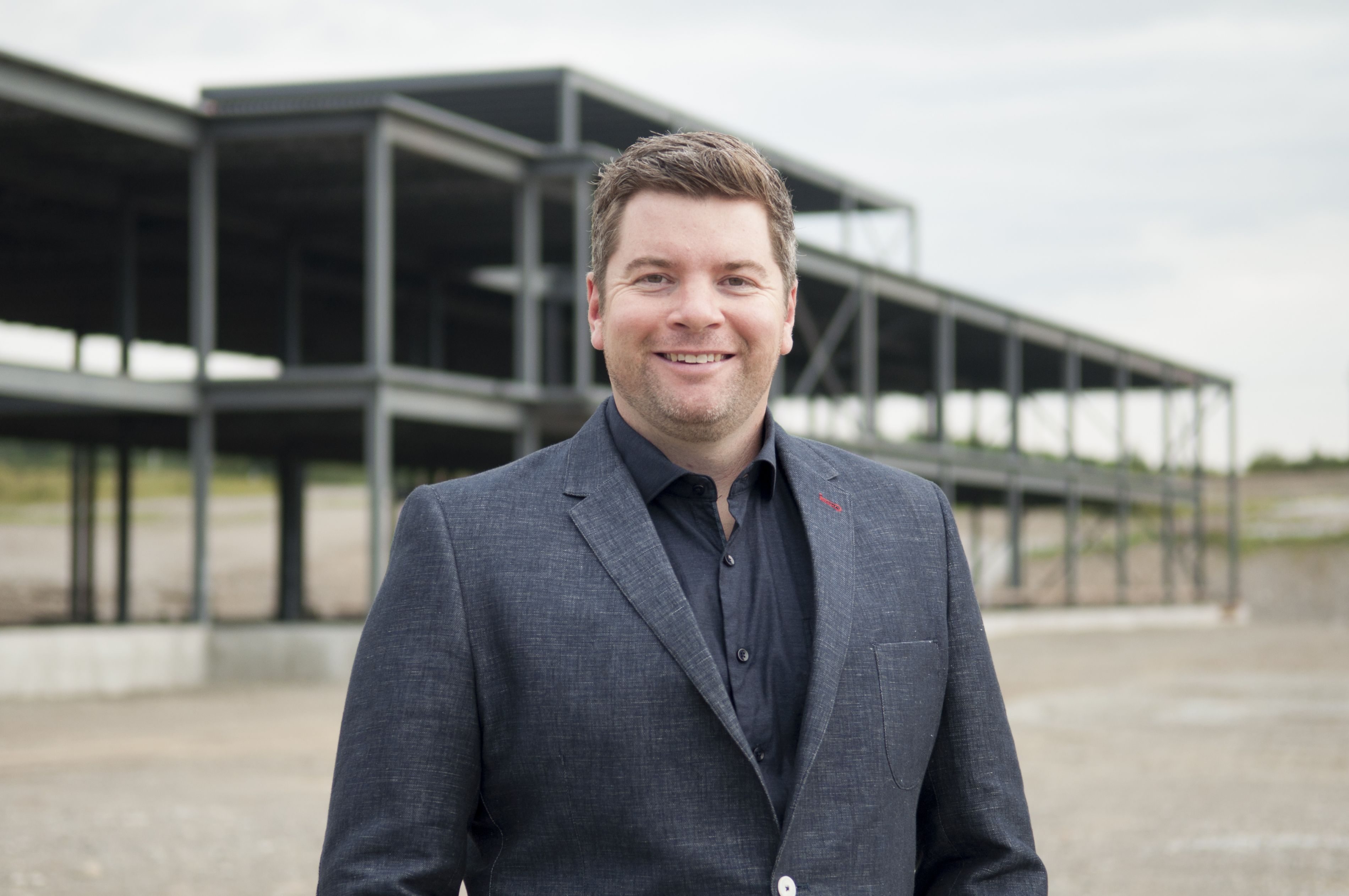College of the North Atlantic Receives “Heavy Duty” Funding for Centre of Motive Power
Generation Energy is profiling representatives from the energy sector to understand how they use innovation and technology to support opportunities for a low-carbon future.
Educating the Future Energy Generation
"Canada needs to step up and take a leadership role in setting new standards and targets in energy efficiency, then implement them", said Greg Ryan a faculty member at College of the North Atlantic.

Ryan teaches in the Heavy Duty Equipment Technician and Truck Transport Mechanic programs in Stephenville, Newfoundland and Labrador. The college has just broken ground on an $18.5 million building that will house the Centre of Motive Power, which will open in 2018. The facility is set to focus on training students to meet industry demands in that province, but isn’t ruling out testing alternative fuels on transport trucks and other heavy equipment.
It received $18.5 million in a 50/50 funding arrangement between the federal and provincial governments through the Strategic Infrastructure Fund (SIF).
The funding is spread out over several projects, the first of which is the construction of a new facility.
"Our hope is that the centre will become a testing ground for new innovative technologies. We hope to be able to conduct research and development, which could include cold climate testing", said Ryan.
Greg Ryan, Professor at College of the North Atlantic
It’s likely, given changes in the transportation industry that are happening now with alternative fuel cells, autonomous vehicles, platooning and aerodynamics, that the future will see significant fuel efficiencies and emission reduction, said Ryan.
How do you see Canada’s Energy landscape changing?
Ryan said that the transportation industry is transforming rapidly, which will require training and research and design (R&D) that enables individuals and partners to adapt to government policy changes on the ground as they happen.
The Centre will be able to provide the right environment for new testing grounds for government regulations, industry R&D, and new technologies. Once the building is operational in 2018, Ryan said the centre hopes to partner with industry to facilitate applied research on fuel and power alternatives.
How is your work influencing that change?
While there will be work in training students and engaging in partnerships to help manage alternative power sources on heavy equipment in the future, the real influence of the college’s work now is through innovative building design.
"If we can bring in these industry partnerships in R&D, our students will be immersed in an environment where leading-edge technologies are available and they’ll be trained to diagnose and repair these technologies."
The college’s current work is the design of the building. There will be hybrid charging stations inside, an R&D facility with a research lab, a multi-purpose shop that will adjoin to the research facility and have distance education technology in nearly every room.
What does your vision of Canada’s energy future look like?
Ryan sees Canada’s energy future changing significantly to become more efficient and clean through changes in the transportation industry.
"It’s likely, given changes in the transportation industry that are happening now with alternative fuel cells, autonomous vehicles, platooning and aerodynamics, that the future will see significant fuel efficiencies and emission reduction."
He hopes Canada takes a leadership role in North America and the world in reducing emissions. Canada needs to enact stronger regulations that ensure that those opting to bypass new standards and technology would be held responsible for pollution.
Page details
- Date modified: